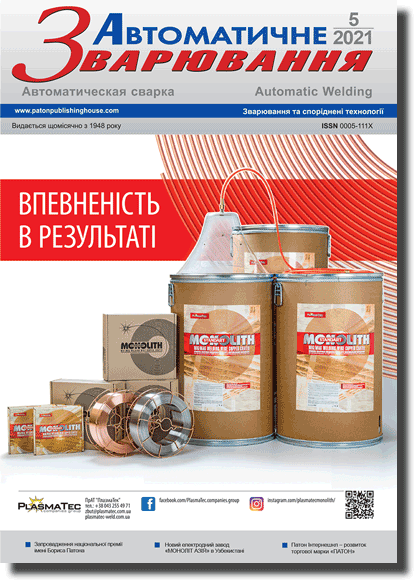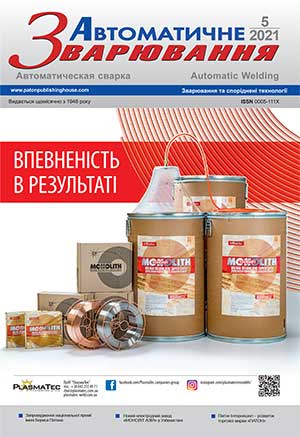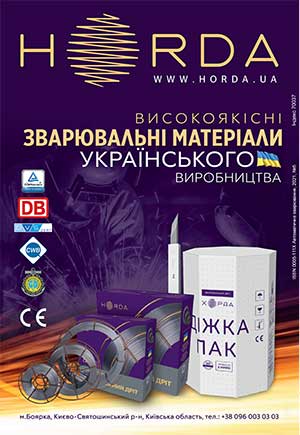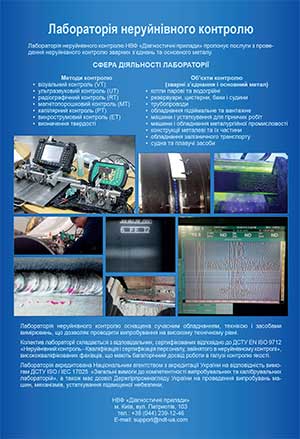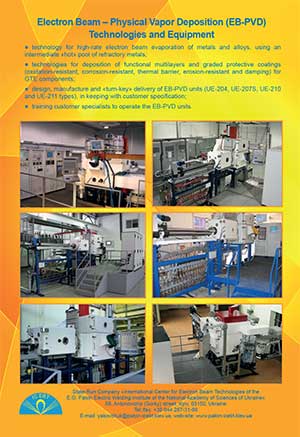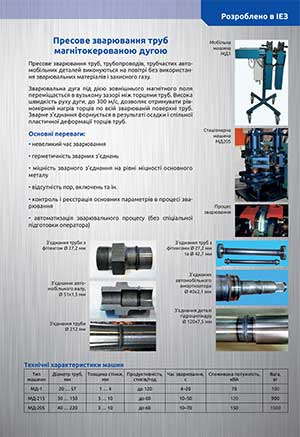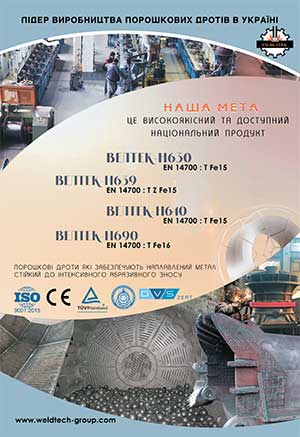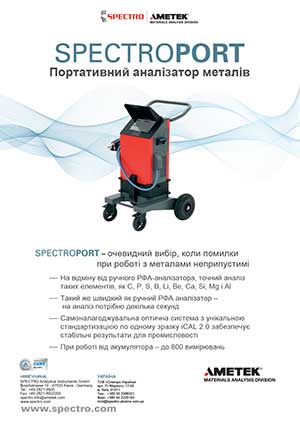| 2021 №05 (09) |
DOI of Article 10.37434/as2021.05.10 |
2021 №05 (11) |
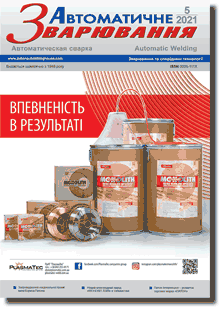
"Avtomatychne Zvaryuvannya" (Automatic Welding), #5, 2021, pp. 62-69
Effect of modification of weld metal of high-strength low-alloy steels on their structure and properties
.A. Kostin, V.V. Zhukov, O.M. Berdnikova, V.V. Golovko, O.S. Kushnaryova
E.O. Paton Electric Welding Institute of the NAS of Ukraine. 11 Kazymyr Malevych Str., 03150, Kyiv, Ukraine. E-mail: office@paton.kiev.ua
The work studies the influence of modification of different compounds by dispersed particles on the structure, non-metallic inclusions, their size and distribution, change of phase transformation temperatures and mechanical properties of weld metal joints of high-strength low-alloy steels. It is shown that the use of the temperature of the maximum intensity of phase transformation allowed separating the influence of oxide, carbide and titanium-containing compounds on the structure and mechanical properties of the weld metal of high-strength low-alloy steels. The use of powders of TiO2, ZrO2 and MgO oxides promotes the formation of a dispersed structure of acicular ferrite (from 30 to 90%), which allows obtaining a favorable combination of high strength and toughness, especially at extremely low test temperatures (-40...– 60 °С) in the weld metal. 11 Ref., 5 Tabl., 9 Fig.
Keywords: high-strength low-alloy steels, austenite decay diagram, phase transformations, critical transformation temperatures, automatic welding, weld metal, modification, microstructure, mechanical properties
Received:09.04.2021
References
1. Grigorenko, G.M., Kostin, V.A., Golovko, V.V., Zhukov, V.V. (2016) Influence of modificator nanoparticles on kinetics of transformations in weld metal of high-strength low-alloy steels. Dopovidi NANU, 7, 70-77 [in Russian]. https://doi.org/10.15407/dopovidi2016.07.0702. (2018) Science about materials, achievements, prospects. Ed. by L.M. Lobanov. Kyiv, Akademperiodyka, Vol. 2 [in Ukrainian].
3. Poznyakov, V.D. (2017) Welding technologies for production and repair of metal structures from high-strength steels. Bulletin of the National Academy of Sciences of Ukraine, 1, 65-73.
4. Rashid, M.S. (1980) High-strength, low-alloy steels. Science, 208, 862-869. https://doi.org/10.1126/science.208.4446.862
5. Rees, G.I., Bhadeshia, H.K.D.H. (1994) Thermodynamics of Acicular Ferrite Formation. Materials Science and Technology, 10, 5. 353-358. https://doi.org/10.1179/mst.1994.10.5.353
6. Yang, J.R., Bhadeshia, H.K.D.H. (1986) Thermodynamics of the acicular ferrite transformation in weld metals. Advances in welding science and technology. Proceedings of an International Conference on Trends in Welding Research, Gatlinburg, Tennessee, USA, May 18-22, 1986. ASM International, Materials Park, Ohio.
7. Kostin, V.A., Grigorenko, G.M., Golovko, V.V., Zhukov, V.V., Filipchuk, T.N. (2011) Physical modeling of structural transformations in heat affected zone metal of pipe steels with ferritic-bainitic structures. Zb. Nauk. Prats of Nats. Universytetu Korablebuduvanniya, 3, 36-44 [in Russian].
8. Nejmark, V.E. (1977) Modified steel ingot. Moscow, Metallurgiya [in Russian].
9. (2020) Influence of introduction of refractory particles into welding pool on structure and properties of weld metal. The Paton Welding J., 8, 8-14. https://doi.org/10.37434/tpwj2020.08.01
10. Bhadeshia, H.K.D.H. (2001) Bainite in Steels - Transformation, Microstructure and Properties (Second Edition). London, Institute of Materials Communication Ltd.
11. Berdnikova, O., Hryhorenko, G., Holovko V. (2019) Features of Bainite Structure in the Low-Alloy Steel Weld Metal with Dispersed Inoculants Modification, 2019. Sumu, SumDU, pp. 291-294. https://doi.org/10.1109/NAP47236.2019.216961
Advertising in this issue:
The cost of subscription/purchase order journals or individual articles
| Journal/Currency | Annual Set | 1 issue printed |
1 issue |
one article |
| TPWJ/USD | 384 $ | 32 $ | 26 $ | 13 $ |
| TPWJ/EUR | 348 € | 29 € | 24 € | 12 € |
| TPWJ/UAH | 7200 UAH | 600 UAH | 600 UAH | 280 UAH |
| AS/UAH | 1800 UAH | 300 UAH | 300 UAH | 150 UAH |
| AS/USD | 192 $ | 32 $ | 26 $ | 13 $ |
| AS/EUR | 180 € | 30 € | 25 € | 12 € |
| SEM/UAH | 1200 UAH | 300 UAH | 300 UAH | 150 UAH |
| SEM/USD | 128 $ | 32 $ | 26 $ | 13 $ |
| SEM/EUR | 120 € | 30 € | 25 € | 12 € |
| TDNK/UAH | 1200 UAH | 300 UAH | 300 UAH | 150 UAH |
| TDNK/USD | 128 $ | 32 $ | 26 $ | 13 $ |
| TDNK/EUR | 120 € | 30 € | 25 € | 15 € |
AS = «Automatic Welding» - 6 issues per year;
TPWJ = «PATON WELDING JOURNAL» - 12 issues per year;
SEM = «Electrometallurgy Today» - 4 issues per year;
TDNK = «Technical Diagnostics and Non-Destructive Testing» - 4 issues per year.





